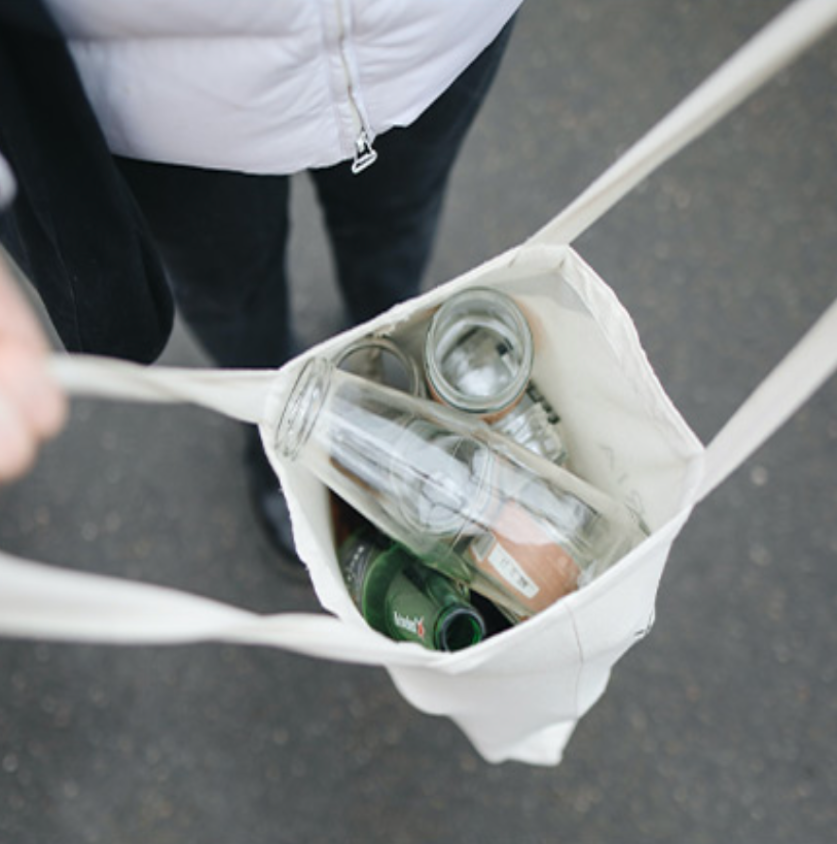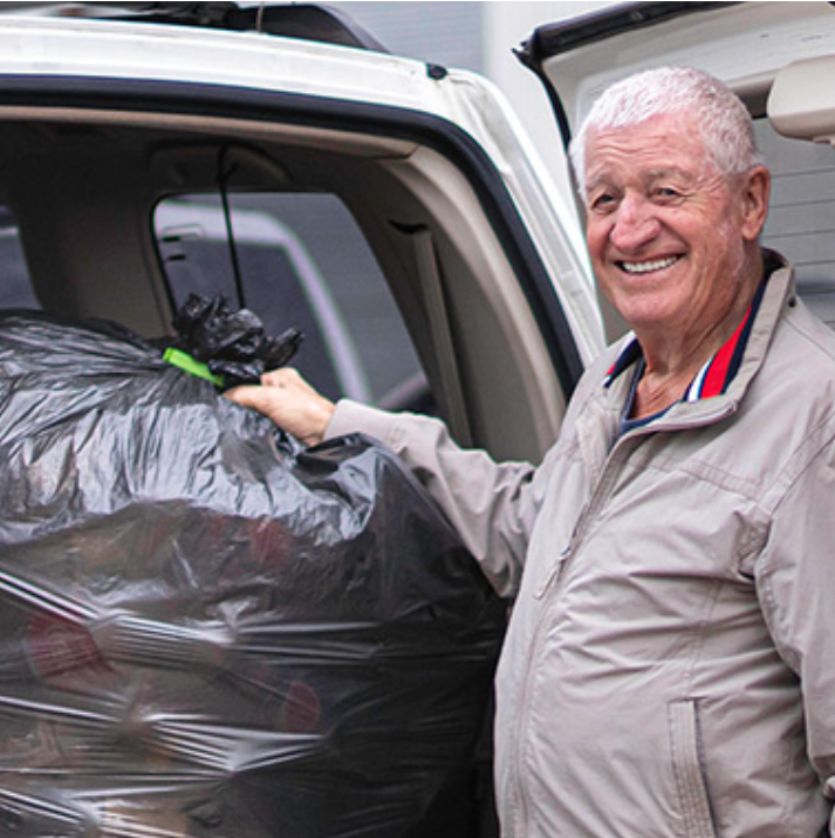Most beverage containers between 150ml and 3litres in volume are eligible, with the exception of the following:
Containers must be empty (rinsing each container is not mandatory but it will help you to store them cleanly before returning them). Some Container Refund Points will require caps to be removed from bottles.
If your container does not have a label it may not be recognised as an eligible container by a reverse vending machine and you will need to take these to a Container Refund Point or Donation Point.
Crushed eligible cans or plastic bottles can be returned to a Container Refund Point or Donation Point, providing that they can be recognised as being an eligible container. For safety reasons, glass bottles need to be whole and intact. Please note that some reverse vending machines are unable to identify the barcode on a crushed can or bottle so these should be taken to a Container Refund Point or Donation Point instead.
Please check the type of Container Refund Point and conditions of the location via the Scheme website prior to visiting.
Beverage manufacturers that sell beverages in eligible containers will be required to fund the cost of the Scheme, including the refund amounts paid as well as operating costs such as costs associated with collecting, sorting, counting and transporting collected materials.
To cover their costs, beverage manufacturers may choose to increase the price of their products to retailers. This will be a decision for each beverage manufacturer individually. Members of the public will have the opportunity to recoup part of any price increases by exchanging containers for the 10 cent refund.
Yes. You can collect the refund yourself or choose to donate it to a donation point run by a participating community group, not-for-profit, school or charity to help them raise funds.
Container Refund Points may also provide the opportunity for you to donate your refund amount to a community group, not-for-profit, school or charity that they have partnered with.
It is Container Exchange’s preference that lids are removed from beverage containers before taking them to a Container Refund Point. Removing the lids will aid with the crushing of containers at processing facilities, and will provide the following benefits:
No. There is no obligation for you to sort containers before taking them to a Container Refund Point, although there may be some time-saving benefits if you do. Sorting and counting your containers into the various material types such as the different plastics, glass, aluminium and cartons and making a written note of the number of each container type may save time at the Container Refund Point.
The only variation to the above is that when using reverse vending machines you may need to sort your containers by material type. Reverse vending machines often have different chutes for different material types – typically glass and non-glass materials.
Yes. There are several reasons why a Container Refund Point operator may refuse to accept your containers, including because:
Furthermore, some smaller Container Refund Points may not be able to process large volumes of containers.
Refunds will be in cash, electronic transfer, or you can make a donation to a participating community group, not-for-profit, school or charity to help them with fundraising efforts.


